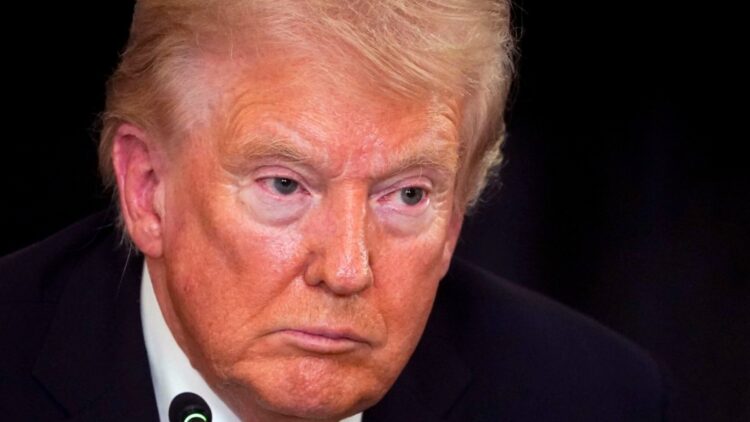Last Friday, President Trump was forced to reduce tariffs on more than 200 food products, including coffee, beef, and bananas. This decision was driven by Americans’ inability to access certain products. Despite continuing to claim that the tariffs have not had negative effects and that the country is barely facing inflation, Trump activated the exemptions retroactively. While the Democrats have gained ground in state and local elections, where the main concern is high food prices, the Republican president continues to look the other way, making announcements about payments funded by tariff revenue. Some of the countries that will see tariffs removed on some of their exported foods include Argentina, Ecuador, Guatemala, and El Salvador.
Despite this news, there are other products that, according to consumer price index data, have increased considerably, such as meat, which costs almost 17% more than a year ago. Some voices, like that of the president of the FMI-Food Industry Association, Leslie Sarasin, or the president of the Distilled Spirits Council, Chris Swonger, have expressed their dissatisfaction with the exclusion of certain products that are also suffering the consequences of the tariffs. According to the top Democrat on the House Ways and Means Committee, Richard Neal, it is expected that food prices will rise even further next year due to the tariffs, and that the Trump administration is claiming credit for a problem it created itself.
Elimination of tariffs
Despite spending months arguing that tariffs have no connection to rising food prices, and moreover, declaring that the United States has “practically no inflation,” Republican President Donald Trump last Friday reduced tariffs on more than 200 food products. While in Virginia, New Jersey, and New York City voters have shown their support for the Democrats in the elections, giving them the victory, Trump continues to insist that there is no increase in prices.
Additionally, aboard Air Force One, where he made the announcement, he also stated that by 2026 a $2,000 payment, funded by tariff revenues, would be made to low- and middle-income Americans. “Tariffs allow us to give a dividend if we want to. Now we are going to give a dividend and we are also reducing the debt,” he said.
Which products are tariff-free?
After Trump’s announcement, some of the countries that will see tariffs on their products eliminated are Argentina, Ecuador, Guatemala, and El Salvador. More than 200 items are included in total, including acai berries, oranges, paprika, cocoa, chemicals, fertilizers, and even communion wafers. However, many other products that have also experienced a more than noticeable price increase were left out of this exemption.
This is the case with ground beef, which according to Consumer Price Index data, increased by 13% in the month of September. The same happens with beef, whose price increased by 17% in just one year. The price increase also affects other products such as bananas or tomatoes, leading to a 2.7% rise in overall household food costs in the month of September.
Discontent with the exemptions
According to the president of the FMI-Food Industry Association, Leslie Sarasin, “Today’s action should help consumers, whose morning cup of coffee is expected to be more affordable, as well as American manufacturers, who use many of these products in their supply chains and production lines.” Meanwhile, the president of the Distilled Spirits Council, Chris Swonger, also expressed his discontent with the exclusion of alcoholic beverages from Great Britain and the European Union, stating, “It’s another blow to the U.S. hospitality industry just as the critical holiday season is getting underway at full speed. Scotch whisky, cognac, and Irish whiskey are value-added agricultural products that cannot be produced in the United States”.
However, it does not seem that Trump will add any more products, and he stated this to reporters aboard Air Force One: “I don’t think it’s necessary.” “We just did a bit of pullback,” he said. “Coffee prices were a bit high; now they will be on the lower side in a very short period”.
Consumer Frustration
Incredible but true, he continues to defend the idea that any cost increase is related to policies enacted by Biden, and not his own tariff policies. Despite the removal of certain tariffs, the truth is that expert analysts expect prices to rise even more next year, generating greater frustration among Americans. The top Democrat on the House Ways and Means Committee, Richard Neal, said that the Trump administration was “putting out a fire they started and calling it progress”.
“The Trump administration is finally publicly admitting what we all knew from the beginning: Trump’s trade war is about raising costs for people,” Neal said in a statement. “Since implementing these tariffs, inflation has increased and the manufacturing industry has contracted month after month”.
